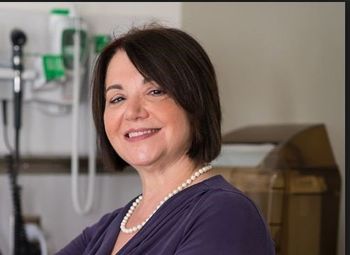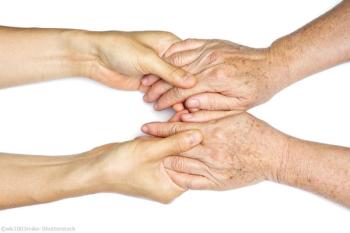February 4 marks World Cancer Day 2013, an initiative of the Union for International Cancer Control, based in Geneva. The UICC, founded in 1933, is an important force in global cancer control efforts, and it now includes 760 organizations from 155 countries.
About 8 million people worldwide will die of cancer this year, the UICC estimates, with global deaths reaching 13.2 million annually by 2030. About half of all cancer cases and deaths occur in the developing world. The UICC’s “World Cancer Declaration,” which the organization encourages people to sign, aims to significantly reduce the global cancer burden by 2020, by bringing 11 specific issues and goals to the attention of health policymakers and government leaders-one theme or “target” at a time. The UICC describes the Declaration as “a consensus between government officials, public health experts and cancer advocates from around the world who are committed to eliminating cancer as a life-threatening disease for future generations,” through traditional, digital, and social media campaigns coordinated by its members at both national and local levels, and the participation of the general public.
The first four themes of the Declaration were: 1) ensure effective delivery systems in all countries; 2) significantly improve measurement of the cancer burden; 3) decrease obesity and the consumption of tobacco and alcohol; and 4) ensure universal coverage of the HPV/HBV vaccine. (Please visit the Declaration link above to see targets 6 through 11, planned for future years.)
From App to Map, UICC Offers Many Ways to Participate in World Cancer Day 2013
The theme of UICC efforts this year is World Cancer Declaration Target 5, “Dispel Damaging Myths and Misconceptions,” with messaging and education focusing on busting four key myths. You can help in the myth-dispelling and truth-teaching using the 2013 UICC World Cancer Day App “Cancer-Did You Know?”
The four myths and related myth-busting efforts proposed by the UICC for World Cancer Day 2013 are:
Myth 1: Cancer Is Just a Health Issue
Myth-busting plan: Highlight the broad social, economic, development, and human rights implications of cancer, sharing evidence that “cancer constitutes a major challenge to development, undermining social and economic advances throughout the world,” and emphasizing that “by 2030, if current trends continue, cancer cases will increase by 81% in developing countries.”
Myth 2: Cancer Is a Disease of the Wealthy, the Elderly and Developed Countries
Myth-busting plan: Share evidence that cancer affects people of all socioeconomic groups and all ages, emphasizing that developing countries bear a disproportionate proportion of the global cancer burden, with up to 70% of the estimated 21.4 million cancer cases each year predicted to occur in developing countries.”
Myth 3: Cancer Is a Death Sentence
Myth-busting plan: Educate people with evidence that cancer management has been revolutionized by advances in prevention, early detection, and treatment, with cost-effective strategies implemented even in low-resource settings-particularly with respect to breast and cervical cancer, while continuing to advocate for improved access to medicines and services in developing countries.
Myth 4: Cancer Is My Fate
Myth-busting plan: Share evidence that prevention “is the most cost-effective and sustainable way of reducing the global cancer burden in the long-term,” through national, regional, and global policies and programs that promote healthy lifestyles addressing cancer risk factors such as alcohol, unhealthy diet, and physical activity, with the UICC noting that “with the right strategies [specifically, improving diet, physical activity, and maintaining a healthy body weight], a third of the most common cancers can be prevented.” Also very important, says the UICC, are strategies to reduce tobacco use and chronic infections. Programs specifically aimed at reducing infection with human papillomavirus (HPV), hepatitis B virus, and Helicobacter pylori will lower the incidence of cervical, liver, and stomach cancers in developing countries.
To learn how you can participate in World Cancer Day, visit http://www.worldcancerday.org/dosomething
To find out about World Cancer Day events around the globe, view the UICC’s interactive map.





































